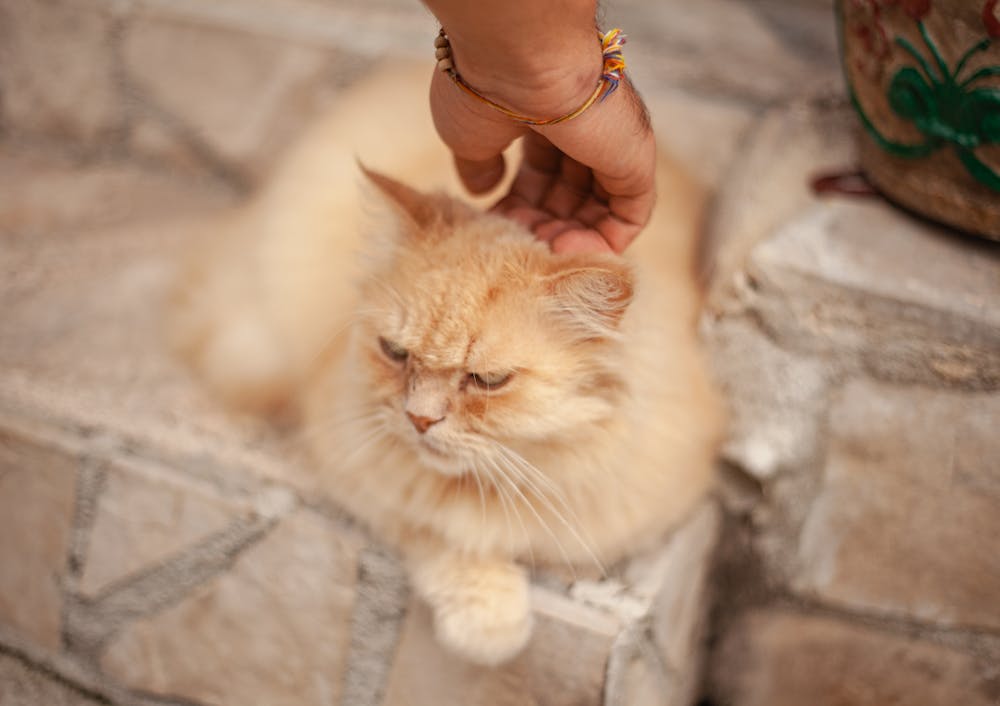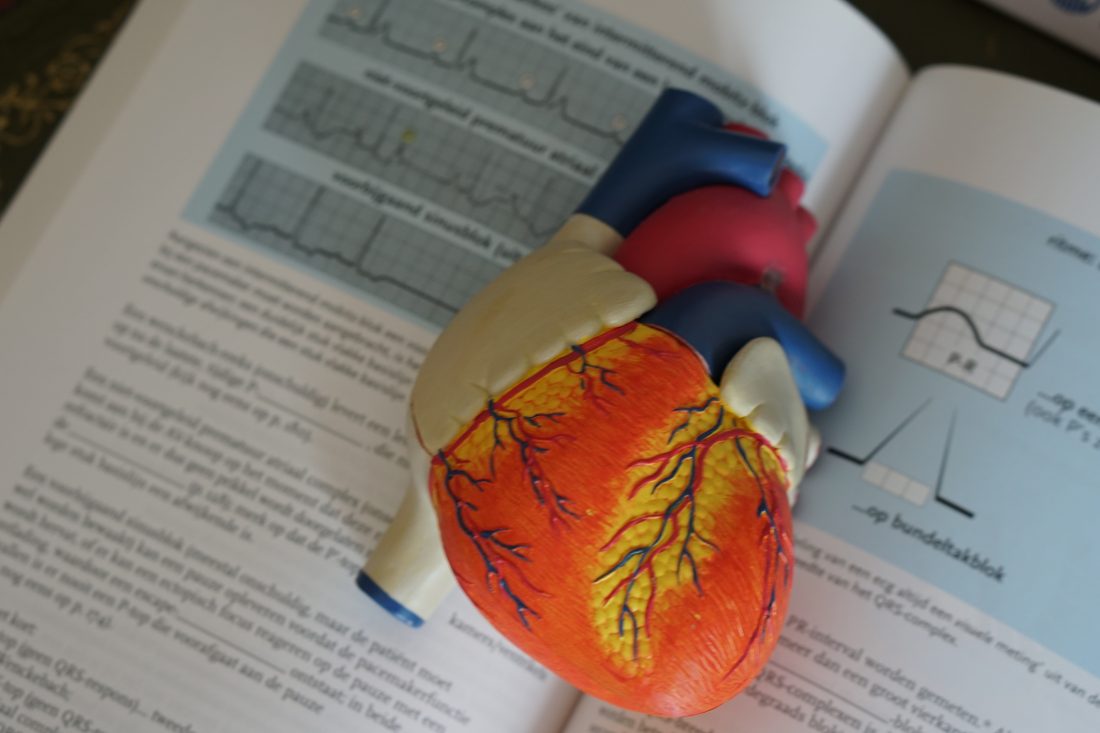As cats age, many face joint issues that can affect their mobility and overall quality of life. Just like humans, felines can suffer from discomfort, stiffness, and even arthritis, which can make even simple movements challenging. Understanding the causes and potential solutions for joint health in cats is essential to ensure they live healthy and active lives.
Common Causes of Joint Problems in Cats
Joint issues in cats can arise from several factors. One of the primary causes is age, which significantly impacts joint health for cats. As cats grow older, the wear and tear on their joints becomes more evident, leading to conditions like arthritis. Overweight cats are also more prone to joint problems because excess weight puts additional strain on their joints. Genetics can also play a role, with some breeds being more predisposed to joint issues than others.
Another key factor is the level of activity throughout a cat’s life. Cats that haven’t engaged in regular exercise may experience weaker muscles and stiffer joints, making movement more difficult as they age. Additionally, previous injuries or accidents may contribute to long-term joint problems, causing discomfort over time.
Signs Your Cat May Have Joint Issues
How can you tell if your cat is experiencing joint discomfort? A common sign is a reluctance to jump or climb—activities cats usually do with ease. Limping, stiffness after resting, or reduced playfulness can also indicate joint pain.
Cats with joint issues might sleep more, seem irritable, or react defensively when touched in sore areas. If you notice these behaviours, a visit to the vet can help assess and address your cat’s joint health.
How to Support Cats Joint Health
Supporting joint health in cats can help prevent discomfort and encourage an active lifestyle. Maintaining a healthy weight is essential, as excess weight can worsen joint issues. Managing diet and regular play can make a big difference.
Supplements containing glucosamine and chondroitin are also beneficial for joint flexibility and reducing inflammation. Regular, gentle exercise, like short walks or play, is important to keep joints flexible, especially in aging or arthritic cats.
Holistic Solutions to Support Joint Health
In recent years, many cat owners have embraced holistic approaches to support their pets’ joint health. Methods like acupuncture, laser therapy, and herbal supplements can reduce inflammation and improve mobility. While these should be discussed with a vet, they can complement traditional treatments for additional relief.
Natural Solutions for Supporting Your Cat’s Joint Health
For cat owners exploring natural ways to enhance their pet’s well-being, there are supplements available that combine various beneficial ingredients. These products are designed to improve overall vitality and may also provide support for joint health. By incorporating such supplements into your cat’s diet, you could help improve their mobility and energy levels, promoting a healthier, more active lifestyle over time. Always consult with a veterinarian before introducing any new supplements to ensure they align with your cat’s specific health needs.
Addressing joint health for cats isn’t just about treating the symptoms; it’s about making proactive decisions to keep your feline friends happy and comfortable as they age. Regular check-ups with the vet, a balanced diet, proper exercise, and the right supplements can all make a world of difference in ensuring your cat enjoys a pain-free and active life. So, is your cat showing signs of joint discomfort? Taking action now can prevent further issues down the line and keep them feeling their best for years to come.


